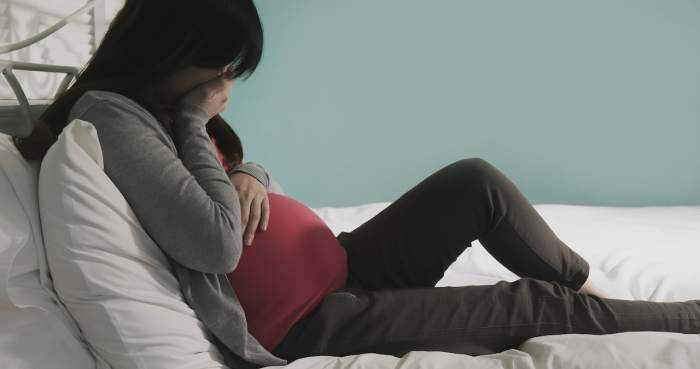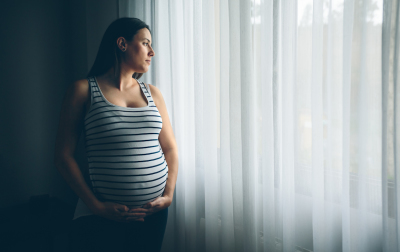How COVID-19 is reshaping the adoption process for birth mothers, prospective parents

Isolation brought on by the COVID-19 pandemic has “amplified” the loneliness and fear many expectant mothers already feel during an unplanned pregnancy, but the lockdowns also spurred changes that have made the adoption process easier for some, according to the director of a leading faith-based adoption service.
Dawn Baker, Bethany Chrisitan Services’ Michigan director of infant adoption and pregnancy counseling, shared with The Chrisitan Post some of the ways they've had to adapt to adhere to government guidelines while also providing the same level of care to mothers seeking adoption for the child and expectant parents.
“Many of us have felt and understood the isolation that COVID has brought us, and certainly pregnant women feel that same isolation,” Baker told CP in a recent interview.
“I think it’s even more profound when there’s uncertainty about the future and about what it is you’re going to do. And so I would say COVID has really amplified that, magnified that situation for them [in] feeling isolated, being kind of shut off,” she said.
The pandemic has caused many expectant mothers to ask questions they never had to ask before, she added.
“Many times women who are in an unplanned pregnancy can feel [stress during] their pregnancy anyway, so when you’re also cut off from the world and you are holding on to something that is so dear and so precious, it can feel really very claustrophobic; it can feel like it’s really dominating your thought process,” Baker explained. “Even the uncertainty of the pandemic, [they ask questions] like, ‘How am I going to survive a pregnancy?’ [and] ‘Is COVID going to affect my child or my pregnancy?’”

Another major issue of concern for mothers was making sure they didn't get infected with COVID-19. If a mother who's planning for adoption gives birth to her child while she's positive for COVID-19, her baby will be separated from her, sometimes never giving her the chance to hold her newborn, which would be “devastating,” Baker said.
“The uncertainty of the pandemic has really raised a level of stress and loneliness and anxiety, and we’ve seen that in particular with the moms we’ve been working with,” she said. “We’ve had to make some changes and do things a little bit differently."
One of these changes was how expectant mothers met with prospective parents seeking to adopt their babies. While they once met in person, Bethany Christian Services switched to mostly virtual meetings.
This can remove some of the uncomfortableness of meeting prospective adoptive parents for the first time since it can now be done virtually at home.
Baker said this is “helpful, but different” and is a “good alternative, but not the same.”
“I think that very often it is intimidating to call someone and to set up a meeting for the first time,” she said. “We’re talking about expectant parents who you are sharing something so profoundly personal and intimate with — a person you’ve never met, and it’s scary.”
Baker said she believes the virtual meetings will remain even after the pandemic lockdowns and other guidelines are lifted.
“I think sometimes being able to talk on the phone and text and then move that into a virtual meeting and then have a face-to-face meeting — that it really has been impactful, and it’s probably something that will continue on even after the pandemic leaves us. I would say it’s probably going to change things for the long haul here in particular, …,” she added.
Another benefit of virtual communication is that the services are accessible to more people. Bethany has noticed an increase in families viewing informational meetings now offered online, according to Baker.
“We’ve seen an increase in our information meetings across the board with our programs,” she said. “We’ve been able to reach more families [who can view information meetings] from the comfort of their own home. And meeting a birth parent for the first time can feel a little more comfortable in [the] safe environment of your home. So I do think that that is something that carries over after we leave the pandemic behind.”
Whether birth mothers walk through the adoption process during a pandemic or not, Baker, who has worked at Bethany for 15 years, said birth mothers are her heroes.
“The strength that they show, the tenacity that they show, the ability to get beyond themselves and see beyond themselves is remarkable to me. And to have that selflessness in order to put their child first and to choose something that is unconventional, that is different, that is really hard,” she said. “I put [birth mothers] in a different category that is a step above.”
Emily Wood is a reporter for The Christian Post. She can be reached at: [email protected]




























